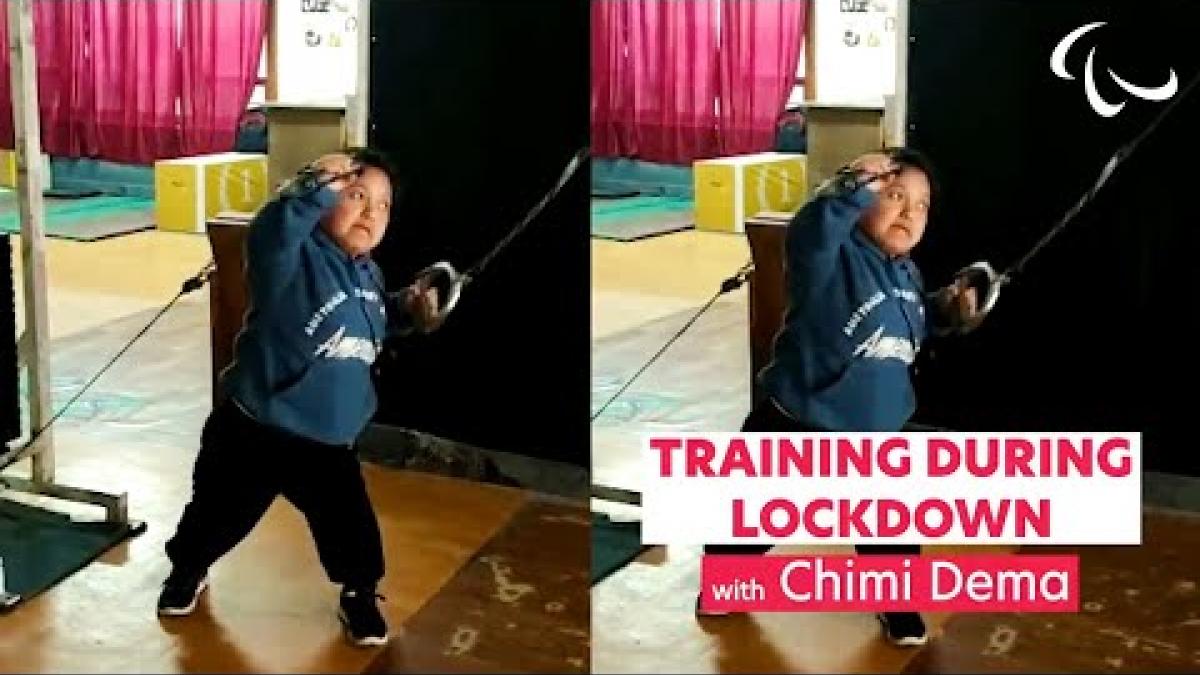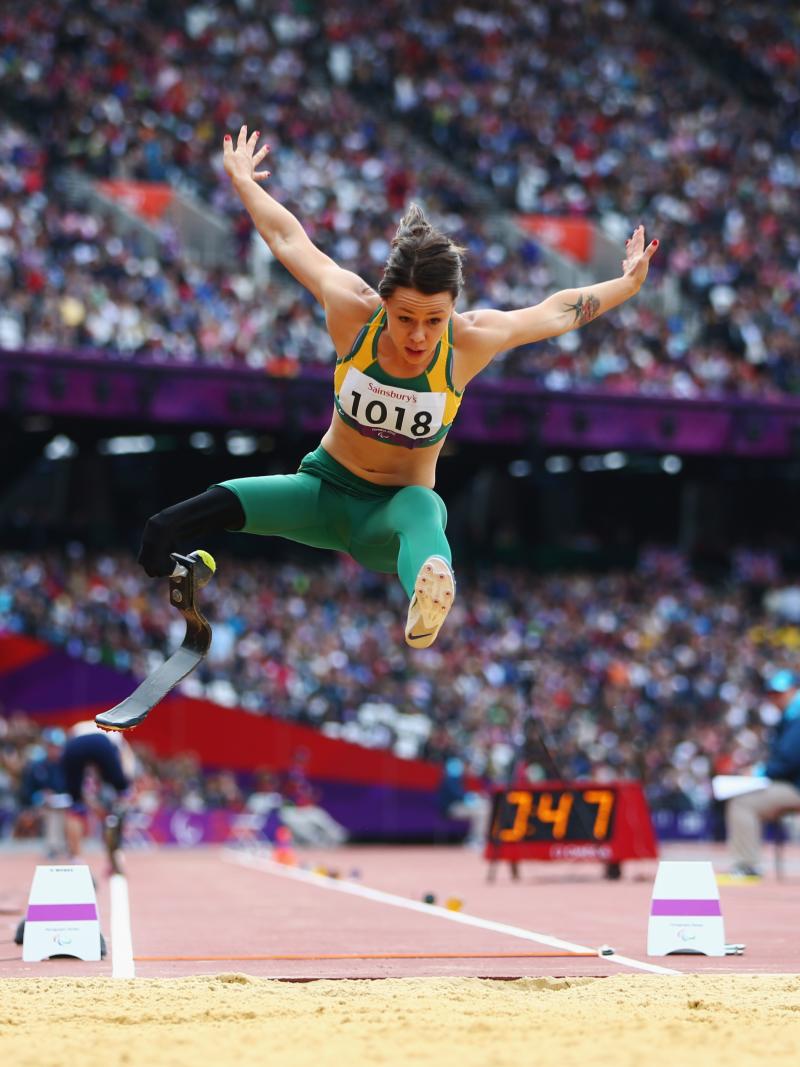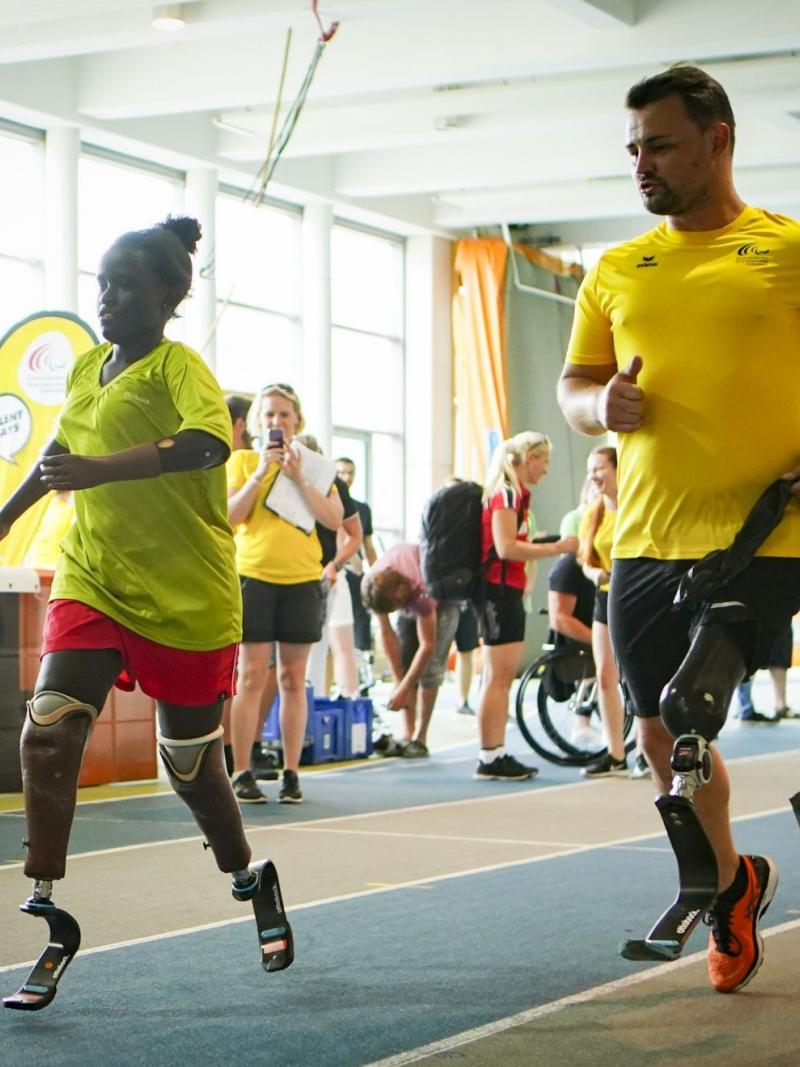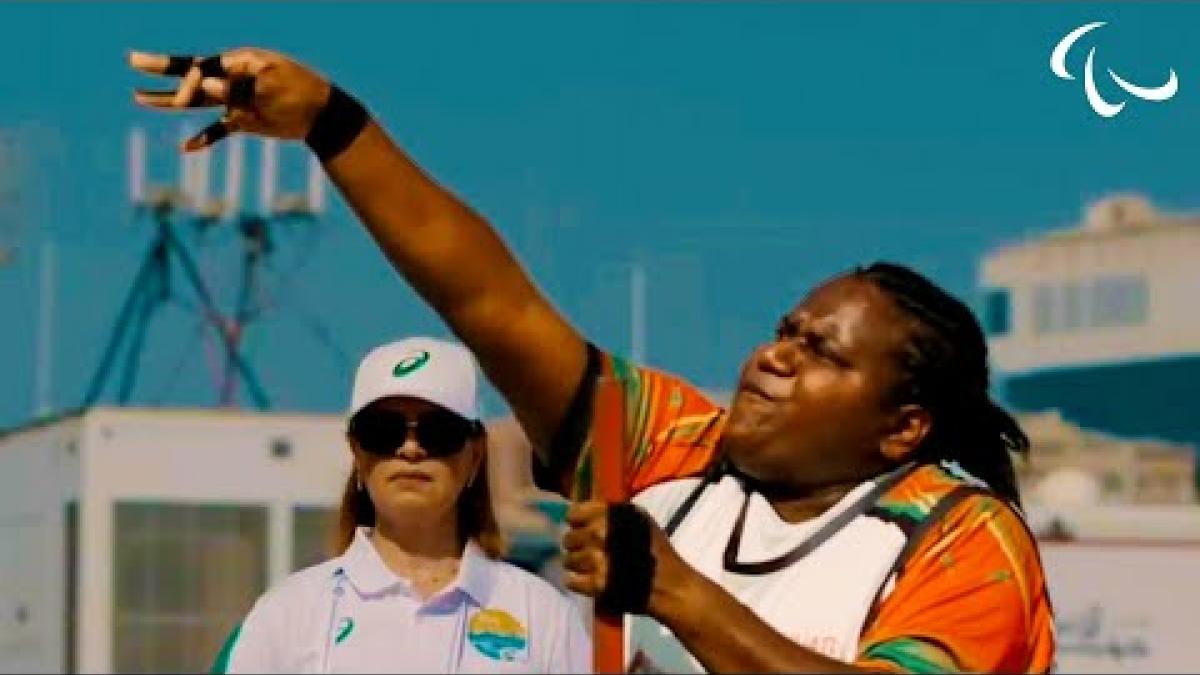Pakistan’s Haider Ali yearns for elusive gold at Tokyo 2020 Paralympics
‘For athletes like me, who don’t have the age-advantage, it will be important that we work harder to stay fit, flexible and injury-free’ 14 Jul 2020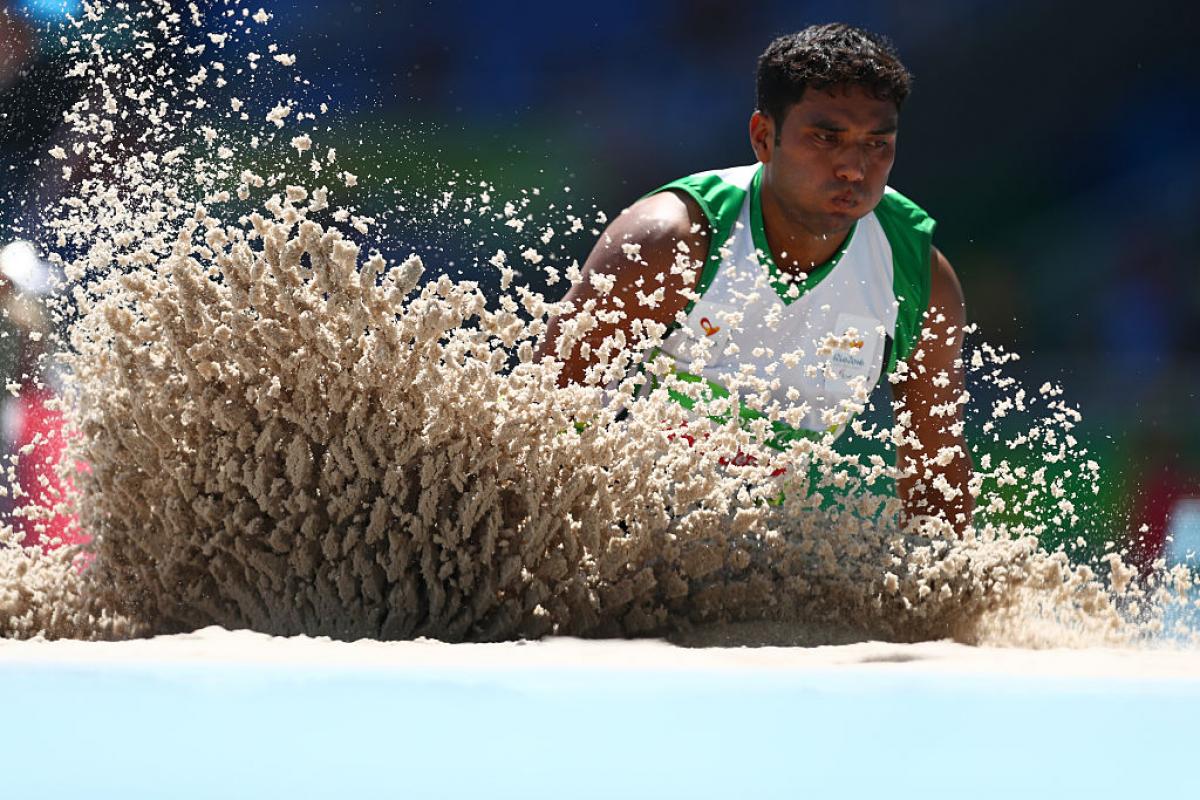
Haider Ali gets emotional remembering the biggest moment of his career – clinching the silver medal in the long jump F37/38 at the Beijing 2008 Paralympic Games.
The feat was historic, as it was also Pakistan’s first ever medal at a Paralympic Games. It not only made Ali an instant star but also changed the Para sport scene in his country.
“It was an unbelievable moment for me, a special one of course. Right from making Pakistan proud, witnessing the national flag being raised, the cheering and appreciation from people from across the globe, everything was very emotional,” Ali recalled.
“People here back home knew about Para sport only after my Paralympic silver medal. The medal gave me recognition and motivation to believe in myself and my dreams,” continued Ali, who became a household name in his home city – Gujranwala, located north of the nearby provincial capital of Lahore.
“Many youngsters also started following on my footsteps and now Pakistan has thousands of national Para athletes aspiring to become a Paralympic medallist like me.”
At Beijing 2008, Ali shared a new world record of 6.44m with Tunisian Farhat Chida and only missed out on gold on count back at the end of competition.
Four years later, at London 2012, Ali failed to repeat his medal winning performance, but came back stronger at Rio 2016 to land bronze. With that showing, he became the first and only Pakistan Para athlete to win more than one Paralympic medal.
Ali is now keen to repeat his medal-winning performance at the Tokyo 2020 Paralympic Games next year.
Though the COVID-19 pandemic has put his training regime in disarray, he is confident of going all the way and winning that elusive gold. This time round, he will be competing in discus throw and long jump.
“I am aiming for the gold this time. All my focus is on the men’s discus F37 event, where I am confident on finishing on top. In the recent events like the Indonesia 2018 Asian Para Games and Dubai 2019 World Championships, I have maintained the top place — winning the gold and silver medals. Besides, I believe my experience of the past few Games will play a big role,” said a confident Ali, who secured the Tokyo 2020 ticket in his discus and long jump events at the Dubai 2019 World Para Athletics World Championships.
Ali was in fact supported by the IPC`s NPC Development Programme with a grant to compete at Dubai 2019, which paid dividends.
“There will be pressure and medal expectations, of course, but I love to perform in pressure situations. Competition in my pet long jump event is expected to be very tough this time with many strong athletes in contention,” revealed Ali.
Farm gym
With the lockdown re-imposed in Pakistan, Ali will not be able to train at the stadium anytime soon, but he has found ways to keep himself fit.
“As an athlete, we have to ensure that we are safe and healthy to overcome these difficult times. So, I am using the farm in my home backyard as my training ground and the focus is more on my fitness and technique. I have also started working on my endurance and core exercises,” said Ali.
He stressed that ‘maintaining fitness’ is particularly important during this time and also requires extra effort.
“The last two to three months have been about working on basic fitness before I started working on technique. Strengthening and conditioning will be the focus, once I get back to training camps.”
For the technical aspect, Ali is on regular video calls with his long-time coach Akbar Ali Mughal, who is chalking out his workout regime on a weekly basis.
The 35-year-old also acknowledged that the Tokyo 2020 postponement has given the athletes ‘more training time’ for the Games but felt it would prove more beneficial for the younger athletes.
“At the Dubai 2019 Championships, there were 10 players among us who were of same level. So, it’s definitely going to be a tough competition at Tokyo 2020. And with the postponement, everyone has got enough time to prepare better. All my competitors are seven to eight years younger to me and thus they have better fitness and chance to reach their peak by next year.
“For athletes like me, who don’t have the age-advantage, it will be important that we work harder to stay fit, flexible and injury-free.
“Another aspect that I am focusing on is the ‘glide’ to get a better distance in my throw. In the past, I was making standing throw and losing out on 5-10m distance. Now I have been able to get 55m,” said Ali.
He believes that maintaining above 55m in the upcoming time can make him one of the top contenders for gold medal in men’s discus throw F37 event.
Love for athletics and Usain Bolt
Ali, who has hemiparesis on the right side since birth, said his love for athletics developed as a teenager and it was only in 2004 that he could actually pursue his passion. He was also the athletics champion in his college—the Government College at Gujranwala
“I was very much fond of athletics since a very young age. It was only during my college days that I was introduced to the sport with proper guidance. And eventually I started bunking my classes to attend training sessions for long jump and discus throw sessions,” said Ali.
Two years later, Ali made a ‘dream’ international debut clinching four medals, including a gold in men’s long jump F37, at the 2006 FESPIC Games in Kuala Lumpur —a multi-sport event that became the Asian Para Games.
“In January 2006, the trials for the Pakistan National Para Athletics team were held in Islamabad and I eventually made it to the team. There was no looking back after that.”
Over the years, Ali has been motivated by the success of Jamaican sprint legend Usain Bolt. With so little resources, he said, “Bolt has shown the world that nothing is impossible.
“Despite coming from an unprivileged background, he achieved what nobody else in sprint and track could accomplish. He makes us believe in our dreams and that hard work and perseverance always pay off."






